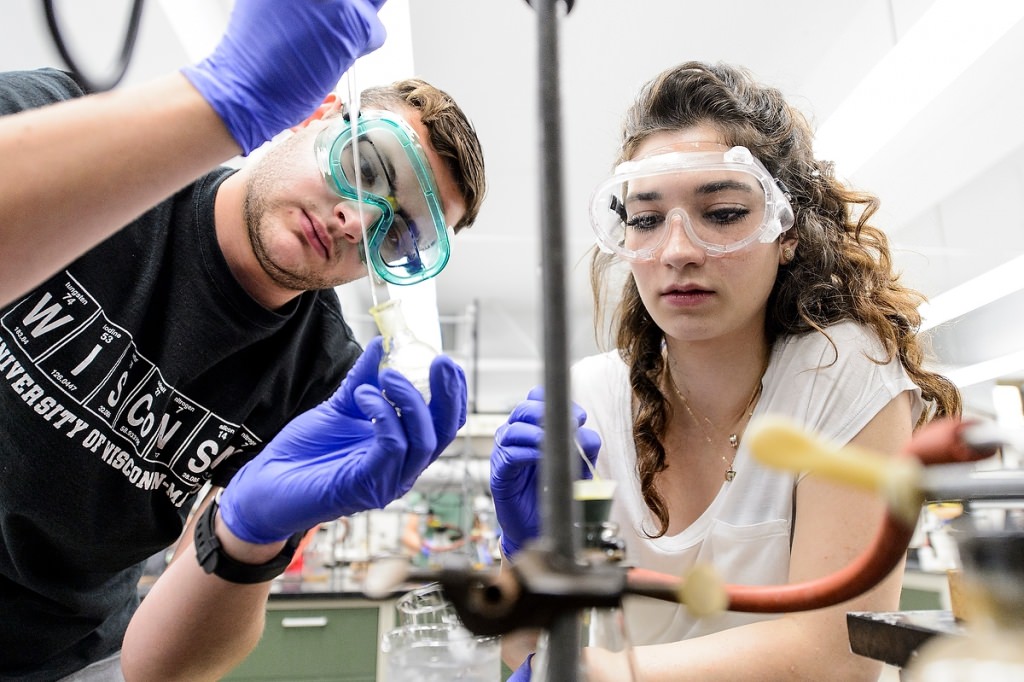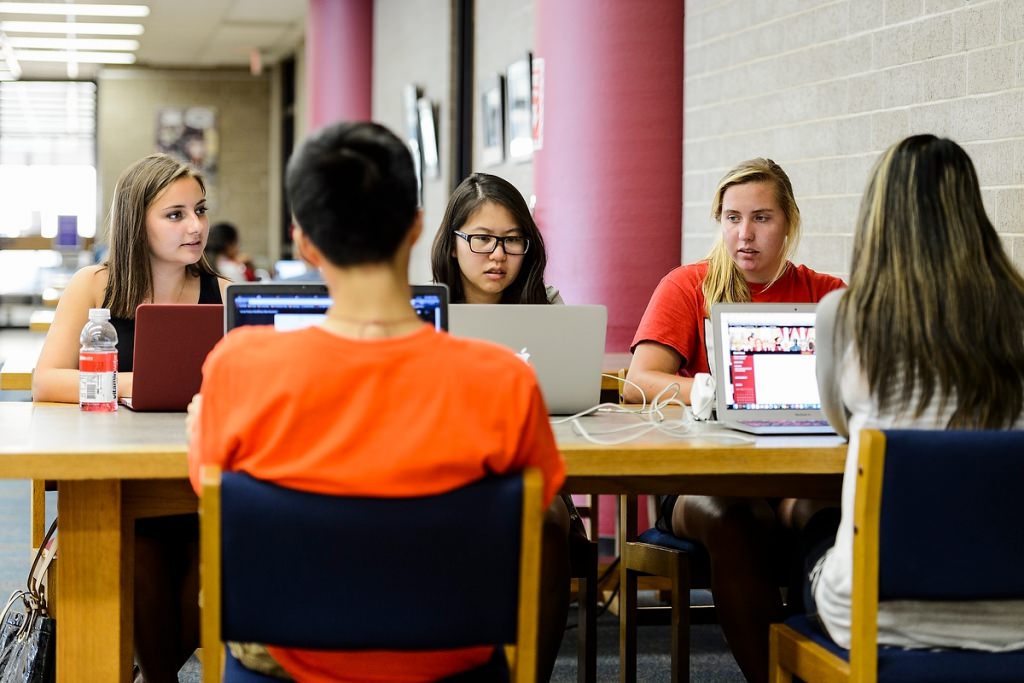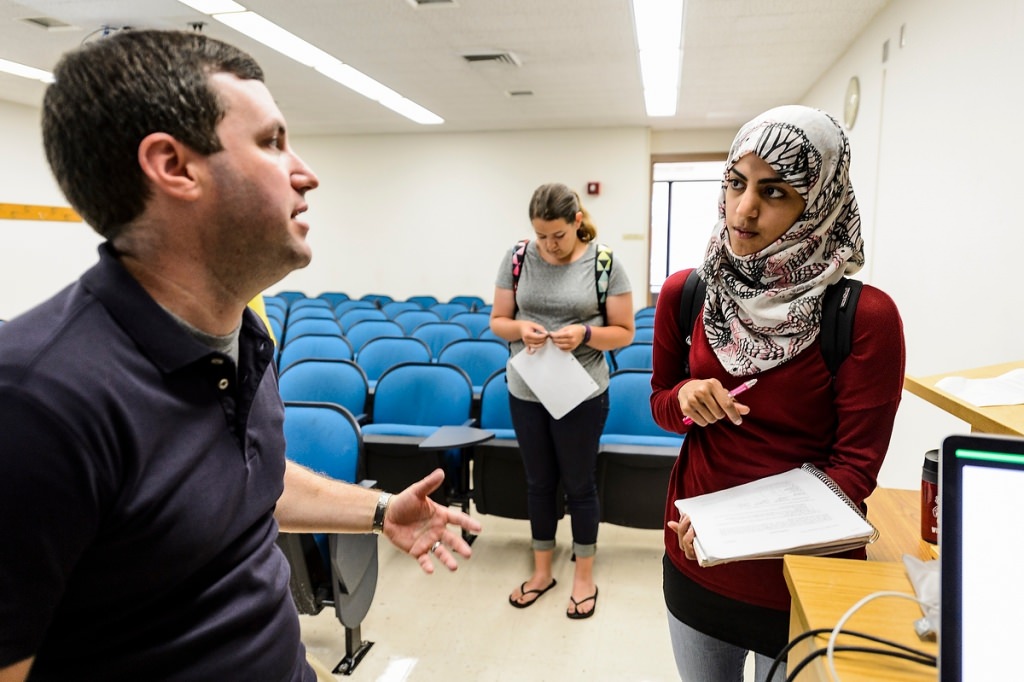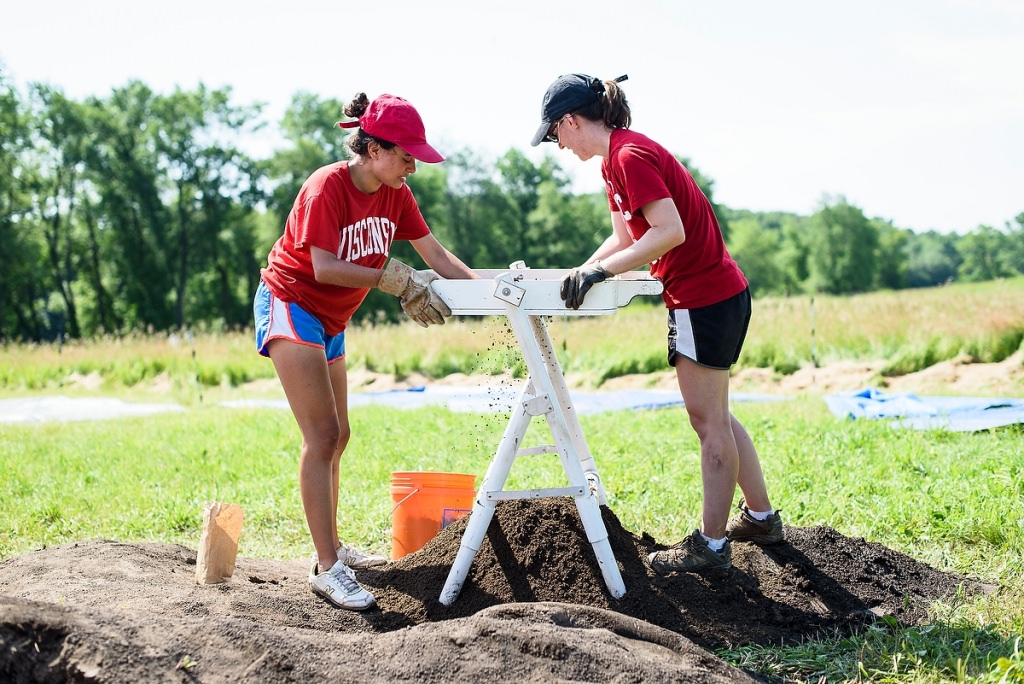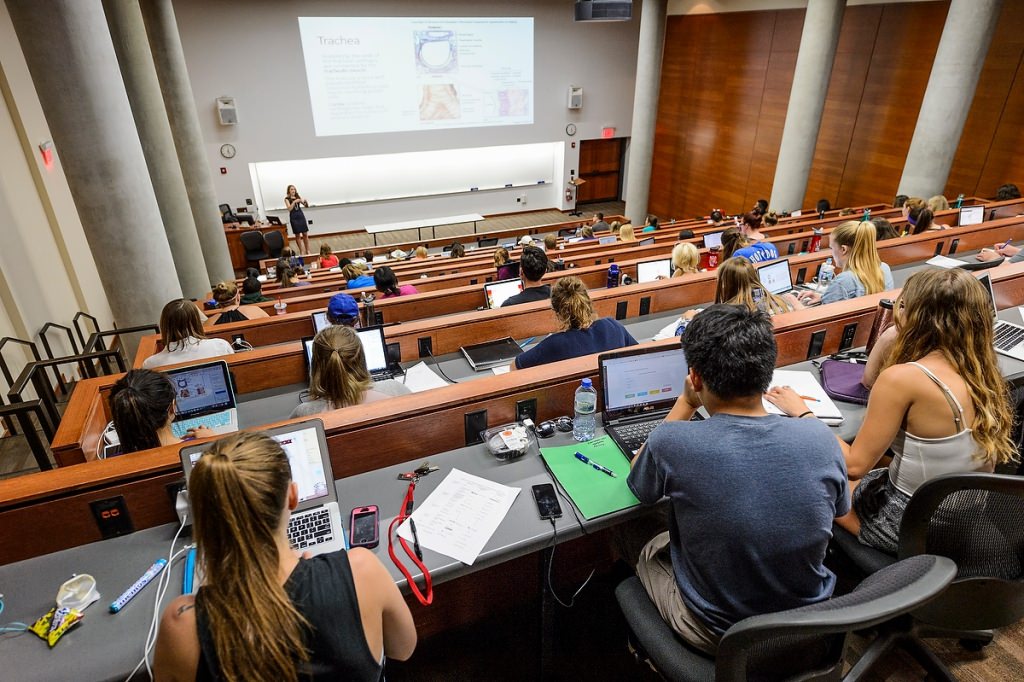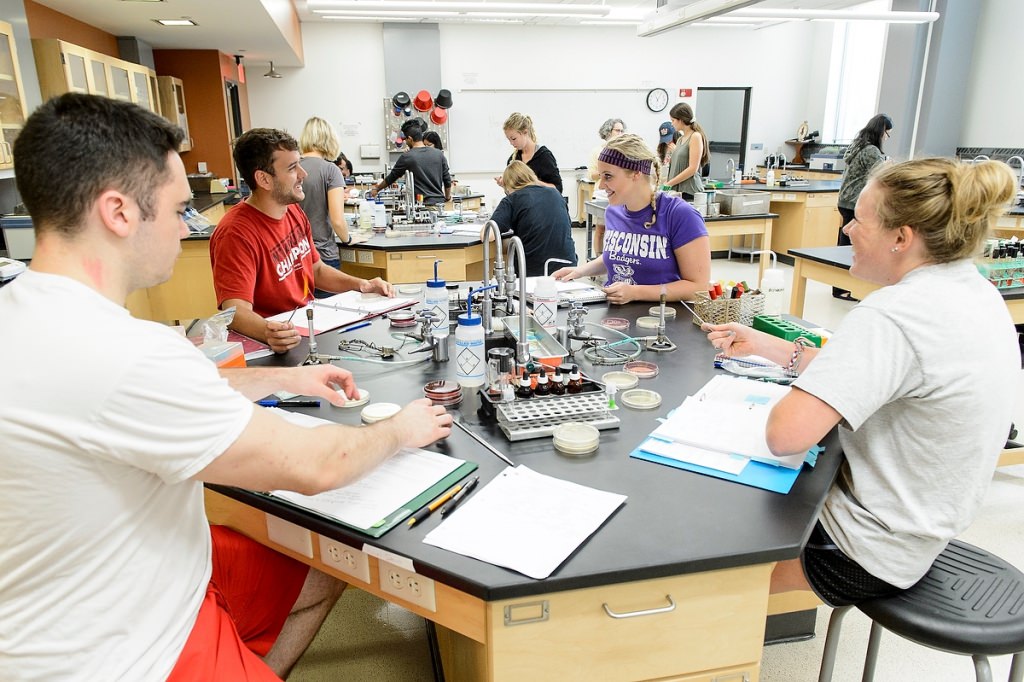Revamped Summer Term boosts enrollment, revenue
The University of Wisconsin–Madison’s new approach to Summer Term led to a significant boost in enrollment and revenue for 2016. Students flocked to high-demand courses offered for the first time this summer, including an increased number of online courses.
Undergraduate enrollment for Summer Term was up 10 percent from 2015 to more than 6,800. That translated into an additional $4 million in revenue.
“We made adjustments after determining what students need from us during Summer Term,” says Chancellor Rebecca Blank. “As a result, more students benefited from courses that could advance their degrees and prepare them for future careers.”
Students called for more courses that fulfill curricular requirements, such as Anatomy 328: Human Anatomy; Biochemistry 501: Introduction to Biochemistry; and Nutritional Sciences 131: Nutrition Today.
“Summer Term featured 71 new courses designed to meet student needs,” says Sarah C. Mangelsdorf, UW–Madison’s provost and vice chancellor for academic affairs. “Expanding our course offerings in summer is a way to help our students stay on track for graduating in four years.”
Related: Chancellor Blank’s blog post on what’s behind the Summer Term changes
Summer Term also included more online options for those who couldn’t fit a face-to-face course into their summer schedules. Enrollment in online courses increased 40 percent over summer 2015 to more than 4,600.
“Madison is a one-of-a-kind place in the summer, but not everyone can stay on campus given travel plans or work responsibilities,” says Blank. “With more online choices, students could have a UW–Madison experience from anywhere in the world.”
Students also demand courses that provide real-world training. A legislative internship in Washington, D.C., and a field course in archeology were among summer options that prepared them to enter the workforce more quickly.
Students flocked to high-demand courses offered for the first time this summer, including an increased number of online courses.
The university offered $250,000 in scholarships for Summer Term 2016, up from $25,000 last year. More than 500 students applied, compared to 160 in 2015. Awards ranging from $500 to $1,500 went to 225 students who demonstrated both academic excellence and financial need.
“Given Summer Term’s increasing importance to students, we wanted to make it as accessible as possible,” says Jeffrey S. Russell, dean of continuing education and vice provost for lifelong learning. “The scholarships gave students the flexibility to take courses and finish their degrees earlier.”
A new budget model for Summer Term encouraged the university’s schools, colleges and departments to include more courses that support students’ degree progression while also better managing costs. Under this model, those units will receive roughly 80 percent of the increased revenue for 2016.
“The new approach to Summer Term is a win-win-win,” says Blank. “Students get more of the courses they need; schools, colleges and departments receive more funding; and UW–Madison operates closer to capacity during the summer months.”
Tags: continuing studies, students, summer


